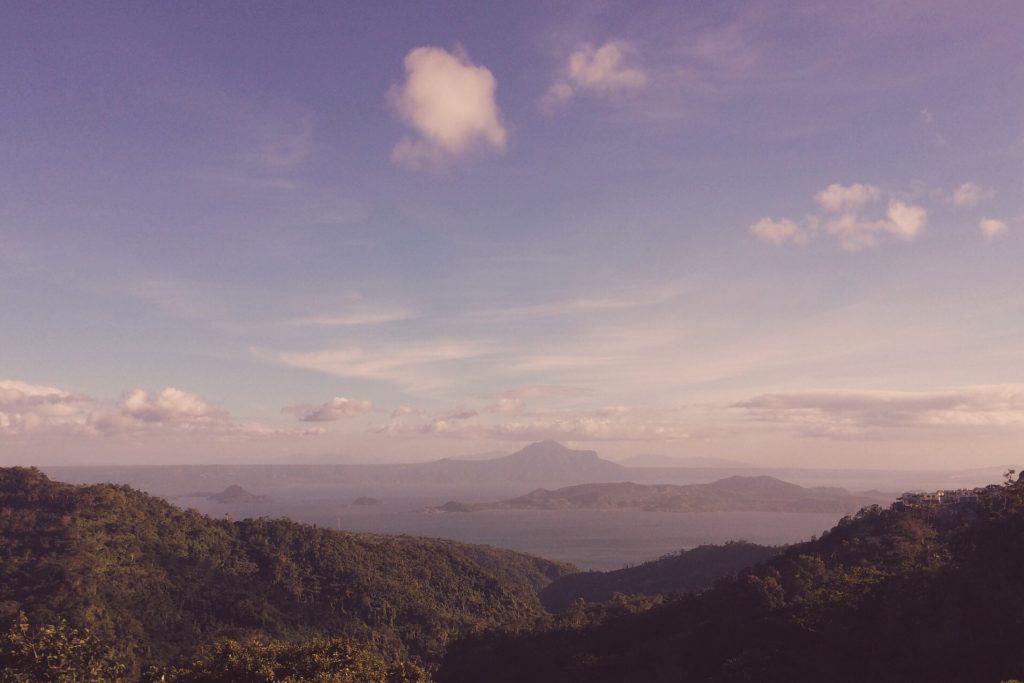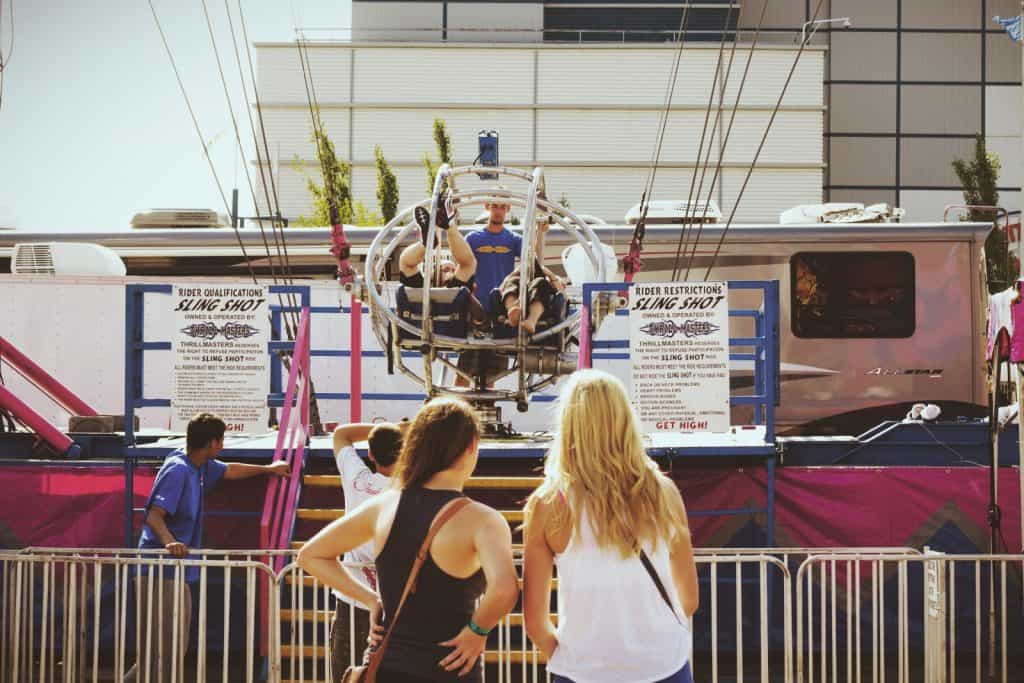When two clueless, sheltered and anxious people decide to travel across the land, a lot of frantic research follows. Where do you even start to plan your international travel?
On a whim and seemingly out of nowhere at all I said, “I want to go travel. Want to come with me?” When Sam agreed, it came as a shock.
I think I was half expecting he would say “Nah.” And that would’ve been the end of that conversation. And I think when he agreed, he was under the impression that I knew what I was doing and would’ve been of great help to him when it came to planning and getting his sh*t together.
We were both mistaken.
Be warned: This is not a comprehensive “everything you need to know about international travel” kinda post.
Where do you even start your international travel?
Once the initial excitement and novelty of the idea of going on a spontaneous international trip died down a bit, a surge of panic settled in its place. At this time, the amount of money I had in my bank account was laughable and I didn’t have a steady job. I was in a career rut and desperately trying to figure out what I wanted to do with myself, and I suppose I drank the kool-aid and wanted to find myself through travel. I wanted to eat, pray love this sh*t.
On one hand, I had nothing to lose. On the other, I had no money to spare either. How was this going to work?
Frankly, it was a crazy idea and I was starting to talk myself out of it by the minute.
Let’s take a deep breath. We’ll figure this out.

Where do you want to go?
Where is your dream destination? Why do you want to go there? What do you want to do or see there? This is the time to research your international travel destination. Write a pros and cons list. See what they have to offer. Quickly look into the requirements needed to get there.
After some research, I decided going somewhere in Southeast Asia. Why?
- The cost of living is relatively cheap especially when compared to first world countries. Simply put, we can afford it even though we’re not made of money.
- I hold a weak third world passport which limits the countries I can visit without the hassle of getting a visa (a bit more on this later)
What do you need before you get there?
We’re not yet talking about your comprehensive packing list here. Rather, our focus is the essentials. Do you have a passport? Considering where you want to go, do you need to apply for a visa or some other travel document? It’s important to secure these documents before you get ahead of yourself and start booking flights and accommodations.
I know, this part is a buzzkill. I hate this part too but it’s necessary evil if you want to travel.
Passport:
This is your most basic travel document, issued by your country of citizenship to certify your identity and citizenship. You’ll generally need this if you want to cross international borders. If you don’t have one yet, you’ll want to get one well in advance to allow for processing times and potential mishaps.
Each country has their own set of requirements and procedures to apply for a passport. Go to the appropriate government website or office to learn more about what you need.
I’ve listed some passport application resources for a few countries below:
Visa*:
Basically, this is an endorsement that allows you to officially and legally enter, stay and leave the country for a specified time period.
- *You don’t always need a visa to enter a foreign country. Whether you need one or not depends on your country’s relationship with the country you want to visit. For example, as a Philippines passport holder, I do not need a visa to visit other ASEAN (Association of Southeast Asian Nations) countries such as Brunei, Cambodia, Indonesia, Laos, Malaysia, Myanmar, Singapore, Thailand, and Vietnam.
- There are different types of visa including (but not limited to): tourist, student and work visas. Each type of visa have their own set of requirements and outlines what you can and can’t do in the country while on that specific visa.
- While some visas can be granted upon entering the country, some require that you file your application and secure your visa before you travel.
As someone who holds a Philippine passport (a weak, developing world passport) the phrase “visa requirements” has been haunting me ever since I set my sights at international travel. If you don’t hold a powerful passport, you are required to secure visa before travelling to most other countries.
Often, it can be stressful getting all the requirements together, but take a few deep breaths and take things one step at a time. Read all the requirements; make sure you’ve filled everything out correctly and honestly. Then all that’s left to do is to wait and hope for the best.
How do you start planning your trip itinerary?
Now that we’re done with all the daunting paperwork, it’s time for the fun part. We’re planning the trip! Yay!
I think this is the most fun yet also the most stressful part. I mean how does one plan the most epic adventure ever? Or how do you fit all the things a country or region has to offer within a limited amount of time?
The answer that I’ve been struggling to accept: You can’t do everything within a limited amount of time.
So when you’re planning your trip (or anything, really) prioritize. Ask yourself why you’re going on this trip. What’s the purpose? Is there anything in particular that you hope to see? What do you want to do? What do you want to accomplish? Get a clear picture of what you want to do.
Helpful questions to reflect on
- How much is your budget for this trip?
- How long do you plan to travel?
Answering these questions will help you plan an amazing trip while still being grounded in reality.
Finding resources for planning
- Tourism and info centres will have lots of information on activities, accommodations, etc. Search online and see if they have an official website. Many tourism boards would even happily send you brochures, maps and guides either digitally via email or physically by mail.
- Need something more comprehensive? Despite the vast amount of resources online, sometimes you might still want to opt for a handy guidebook.
How do you book your flight?
Thanks to technology and the internet, this is easier than ever with travel websites to help you comb through all the flights and find the best and cheapest deals. To start, I recommend trying the following to find a flight:
Hate technology? Or maybe you’d rather leave the logistics to someone else? You could always go through a travel agency. Good ones will give you prices comparable to bargain travel websites.
Whichever way you decide to book your flights, be diligent and do your research as flights can fluctuate a lot. Flight costs aren’t cheap, so you’d want to make sure you make the most out of your hard earned cash.
Should you book accommodations ahead?
While it’s not always absolutely necessary to make reservations ahead of time, I strongly suggest it. After hours of travelling, I’m usually tired (and possibly cranky) and the last thing I’d want to do is to scramble around to find last minute accommodations.
TIP: Check to see if you’re going on low, high or peak season. Remember that prices generally down during the low season so take this into consideration when planning and budgeting for your trip. Also, try to book ahead when it’s peak season. Nothing is more frustrating than being unable to find a place to stay. I can think of very few things worse than overpaying for sketchy, dirty accommodations.
There are many different ways to find accommodations for your international travel, varying form virtually free, to cheap, to luxuriously fancy. I’ve listed a few resources below to hopefully point you in the right direction:
-
-
-
Hostels
Being an anxious introvert with pitiful social skills, the thought of sharing a room with a bunch of strangers was intimidating. But after a trying it out last year, during my 10 day trip to Vancouver, I am happy to report that staying in a hostel was one of the most wonderful experiences I’ve ever had.
- Hostels are popular with backpackers and budget travellers as the rates are usually much cheaper than more traditional accommodations like hotels, inns and B&B’s.
- Hostels are usually conveniently and strategically located, close to points of interests and/or the city centre. This can help save you some money on travel cost when you can opt to walk.
- Many Hostels offer different activities like day trips, tours and other social activities. It’s a great way to meet other travellers staying in your hostel.
- Tip: Many travellers would work for hostels and in exchange get free accommodations. It’s worth looking into when you’re on a shoestring budget.
-
Metasearch Engines
Basically, websites that scour the web and help find you the best or cheapest accommodations, some popular examples include:
-
AirBnB
AirBnB is probably my favourite for long-term or slow travel. I like the convenience of finding a home away from home when travelling for an extended period.
I’ve considered renting short term, but renting in a foreign country can be very taxing to coordinate. And as most rental properties come unfurnished, there’s the added hassle of having to bring (or buy) all the little things that make a temporary home feel like home. While AirBnB homes and hosts offer different amenities, most include the basics like shampoo, clothes hangers, hair dryers and a TV. Many even come with free wireless internet. I think AirBnB is the happy medium between a rental and a hotel.
-
-
What now?
With the most important stuff you need for international travel all covered, you’re almost good to go. At this point, you should be able to take a breath of relief. I know I did. Next up is probably a lot of excitement while researching your destination, and possibly over-packing as you prepare for your upcoming trip.
Did I miss anything? If there is anything I totally failed to cover, please let me know and leave a comment below. Have more tips to share with fellow travellers? I’d love to hear them!


